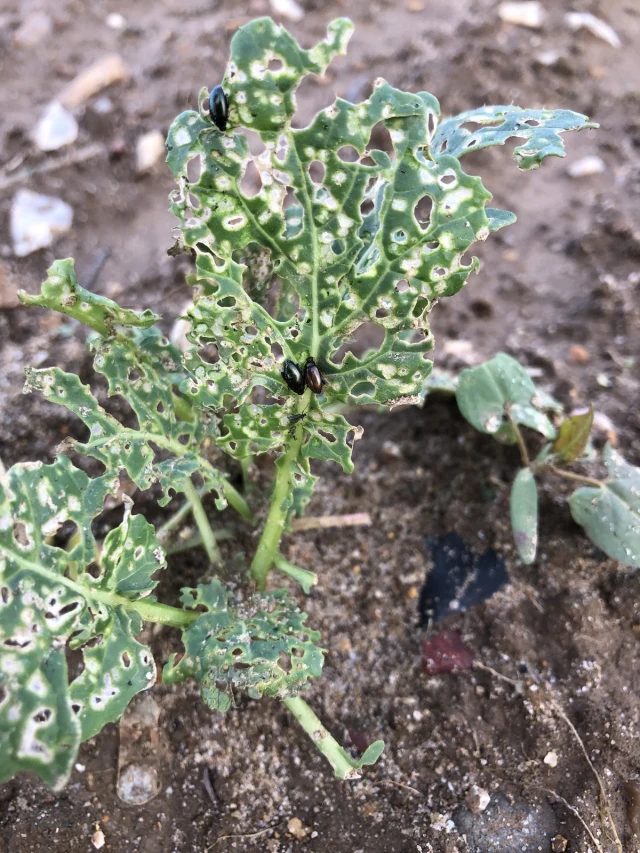Published on 1st June 2023
Seed & Establishment
Improve OSR consistency with greater stem health attention

Poor stem health in the final month of the season is one of the main reasons for disappointing performance from otherwise promising winter OSR crops, believes Agrii oilseed rape specialist, David Leaper.
Poor stem health in the final month of the season is one of the main reasons for disappointing performance from otherwise promising winter OSR crops, believes Agrii oilseed rape specialist, David Leaper. Many years of trials experience on a range of farms across the country – including several with a history of verticillium problems – lead him to advice growers place much greater emphasis on good stem as well as foliar health to improve crop consistency.
“Understandably, foliar disease has long been the main focus of crop protection strategies,” he says. But, just as foliar infections that reduce photosynthesis, stem diseases compromise the vascular system causing premature senescence and, in some varieties, weaker pods. It’s like having a hand round your throat.
“Varieties that look brilliant suddenly lose their potential post-flowering. In some cases, verticillium stem stripe (Verticillium longisporum) is to blame. But closer inspection and analysis may reveal a complex of stem-based diseases, including phoma stem canker and light leaf spot.
“We know from our experience with Elgar which has good light leaf spot resistance on the leaves that late season stem infections can be very damaging to yield. Stem canker (which they call black-leg on the Continent) also does so, as well as having a serious impact on standing power. Add verticillium to the mix and the whole complex of stem infections can be very damaging,” he insists.
Stressing that genetics is a key factor in good stem health, Mr Leaper points out that he invariably finds DK Exsteel, amongst other varieties, has much cleaner stems and valuable gross output advantages over many in his trial work. He also sees some varieties showing superior tolerance rather than resistance to verticillium. They are relatively badly affected by infections but suffer much less from them by virtue of other traits like early maturity and pod shatter resistance. This was especially obvious with Dekalb genetics in the past. Alongside the Agrii work showing the particular value of DK Exsteel, the past four years of trials run by ADAS on a Cambridge site with a history of verticillium problems reveal DK Exstar, DK Excited, DK Exposé, DK Expectation, DK Imprint CL and HOLL, variety V367OL all carry moderate resistance to the disease as well as good ratings for both phoma stem canker and light leaf spot and particularly strong yielding abilities. This all-round strength probably goes a long way to explaining why even Dekalb varieties without TuYV resistance can perform every bit as well as those with the trait on farm.



